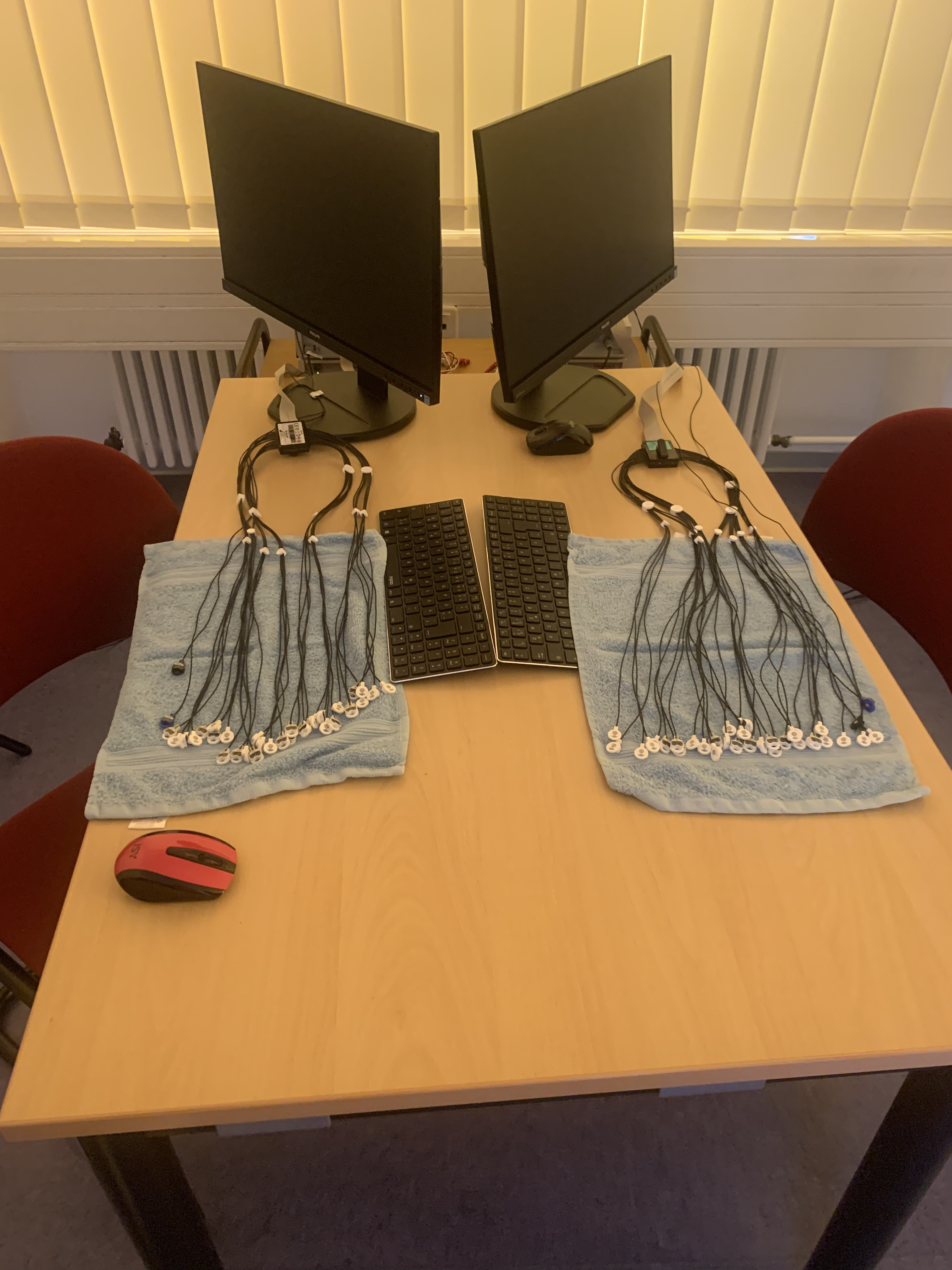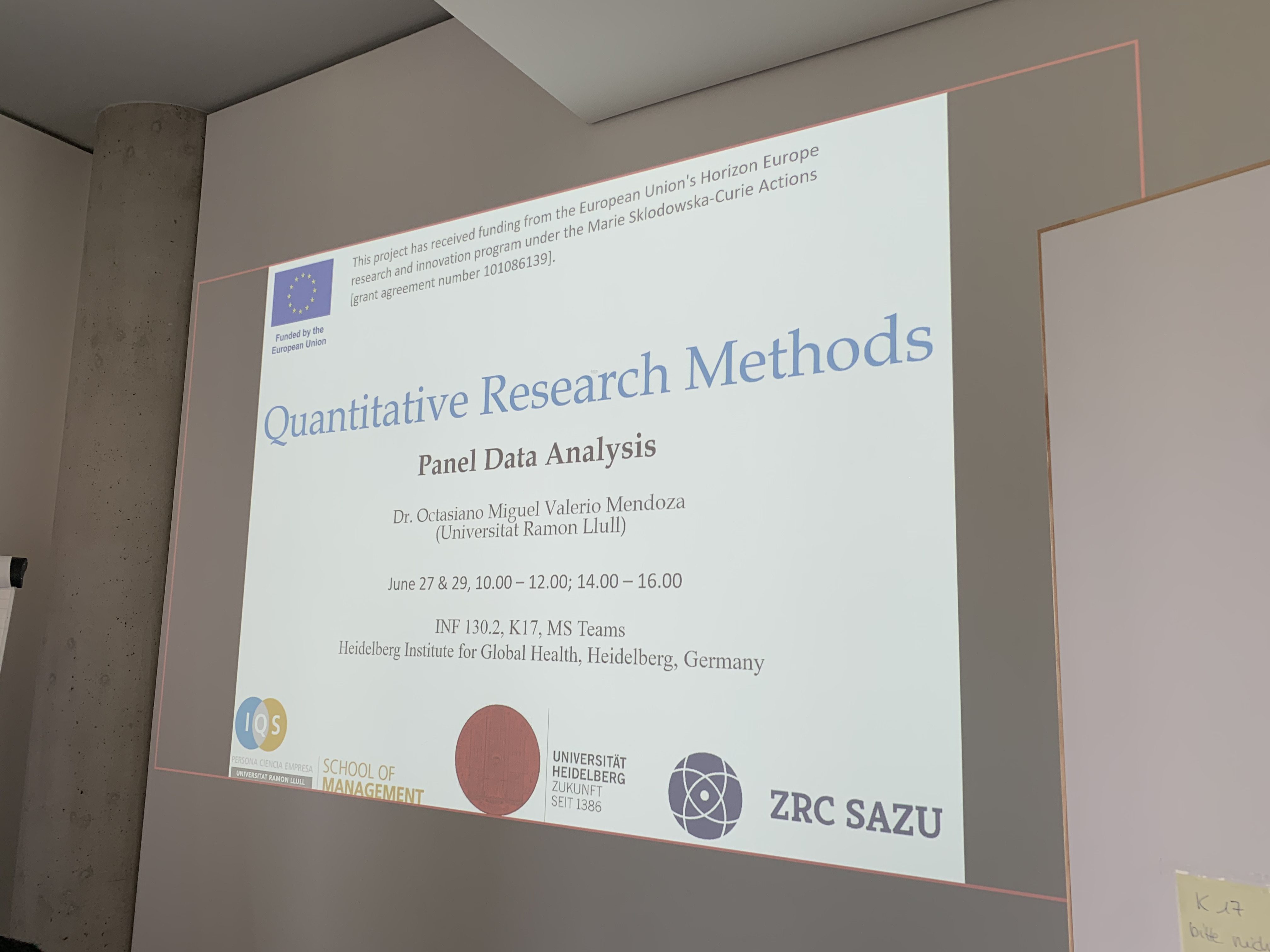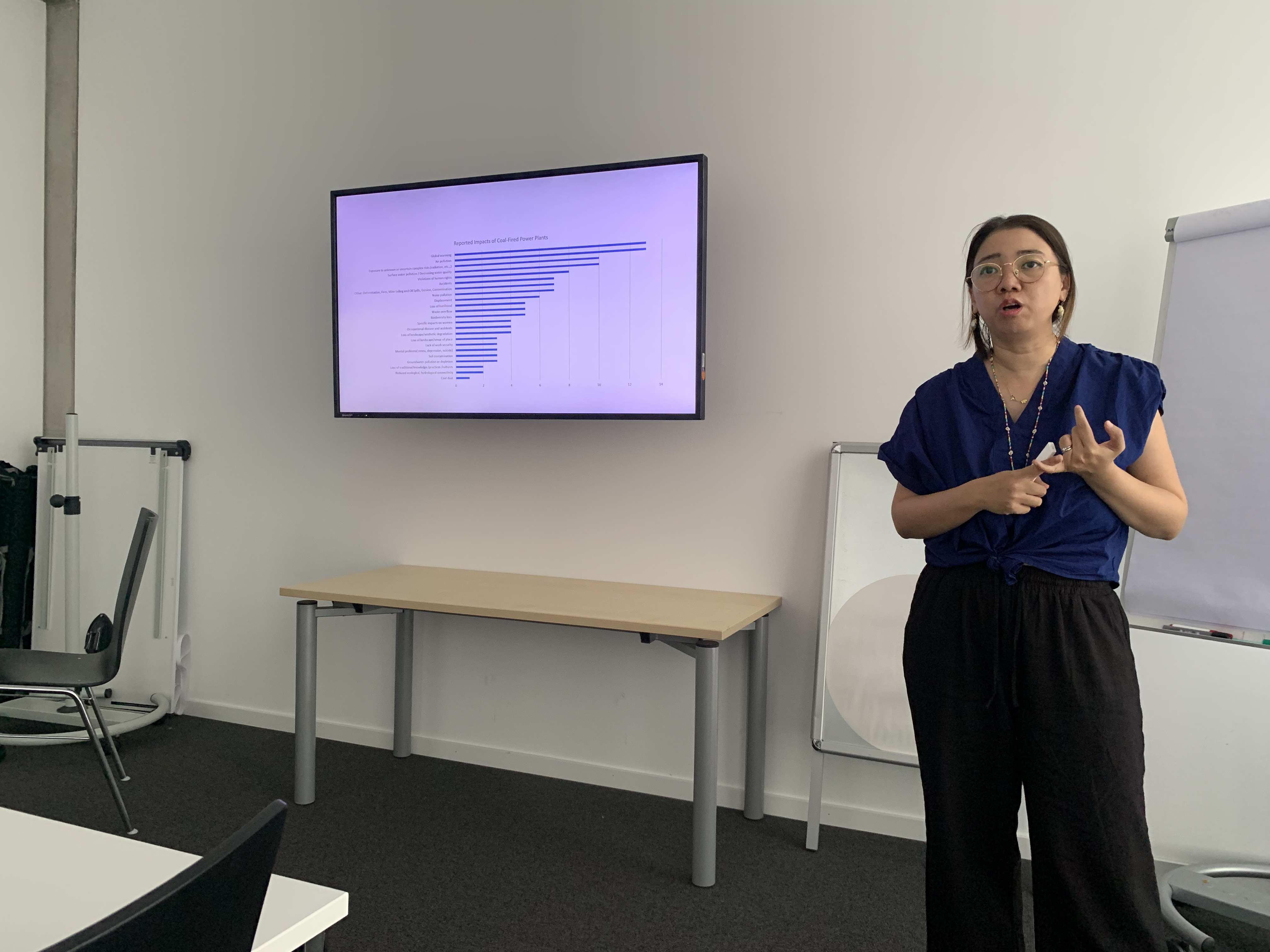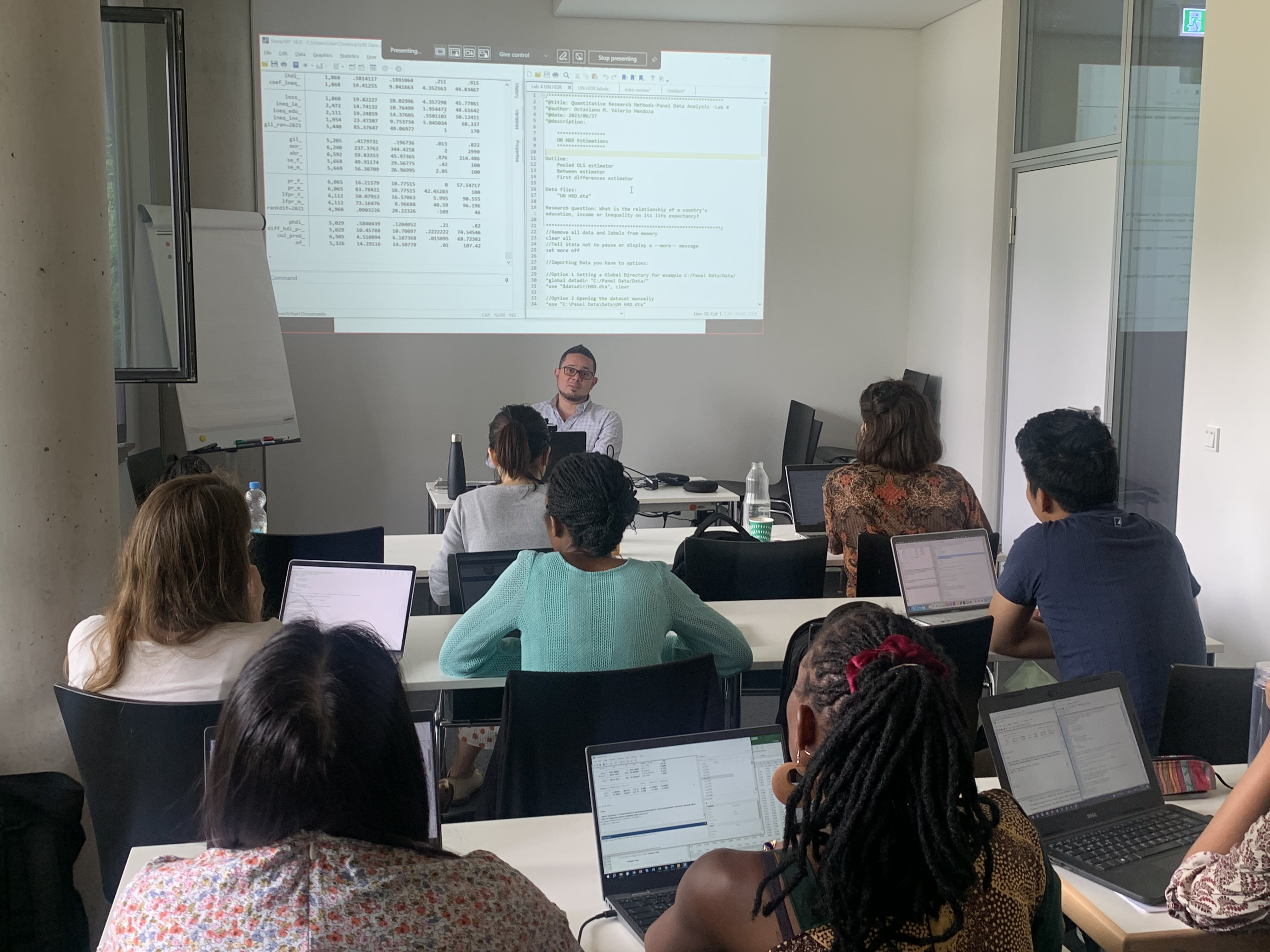
Training and Research in Heidelberg
17 Dec 2024
0
Training and Research in Heidelberg
Research Stay Overview
From August 15 to August 30, 2024, Dr. Mihály Tamás Borsi from the Department of Economics and Finance at the IQS School of Management, Universitat Ramon Llull, undertook a research stay at the Heidelberg Institute of Global Health (HIGH), Heidelberg University, Germany. This visit was part of the Marie Skłodowska-Curie Actions Staff Exchange Program PoPMeD-SuSDeV (Grant agreement ID: 101086139), led by IQS under the direction of Dr. Octasiano Miguel Valerio Mendoza and funded by the European Union.


Purpose and Activities
The primary goal of the research stay was to contribute to teaching and research in the fields of economics, statistics, and global health. Specific activities included:
-
Teaching Engagement
Dr. Borsi participated in the hybrid Global Health Research and Methods course (Summer 2024), where he delivered a 3.5-hour lecture titled "The Aporophobia Implicit Association Test" on August 28. This lecture was attended by Master’s and PhD students from HIGH and Peking Union Medical College (PUMC). -
Collaborative Research
- Laboratory Visit: Dr. Borsi visited the Core Facility for Neuroscience of Self-Regulation, where he explored ongoing research led by host investigator Dr. Simiao Chen and her team. The visit included a demonstration by doctoral researchers Yanfei Li and Yiwen Fan, focusing on the impact of ChatGPT on learning processes from a neuroscientific perspective.
- Meetings with Collaborators:
- August 21: Research meeting with Dr. Li Yang (Paris School of Economics and Leibniz Centre for European Economic Research) in Mannheim.
- August 22: Research meeting with co-author Dr. Norbert Metiu (Deutsche Bundesbank) at the Deutsche Bundesbank in Frankfurt am Main.
-
Networking and Synergy Building
The stay facilitated discussions to identify potential collaborations between members of the PoPMeD-SuSDeV project and researchers at HIGH.

Course Highlights: Global Health Research and Methods
This course provided a comprehensive overview of health research methodologies, equipping students with tools to design, evaluate, and implement global health interventions. Dr. Borsi's lecture, The Aporophobia Implicit Association Test, introduced groundbreaking research on distinguishing aporophobia (aversion to poverty) from xenophobia in Europe, based on his co-authored study published in Regional Studies.
Laboratory Insights
The visit to HIGH’s neuroscience facility offered a unique perspective on cutting-edge research, including the use of AI tools like ChatGPT in education. The collaborative environment and advanced technologies at HIGH underscore its role as a leader in global health research.
Building Global Academic Bridges
Dr. Borsi’s research stay not only advanced his own work but also fostered academic collaboration across institutions. His meetings with leading economists and health researchers highlighted the importance of interdisciplinary approaches to tackling global challenges.



